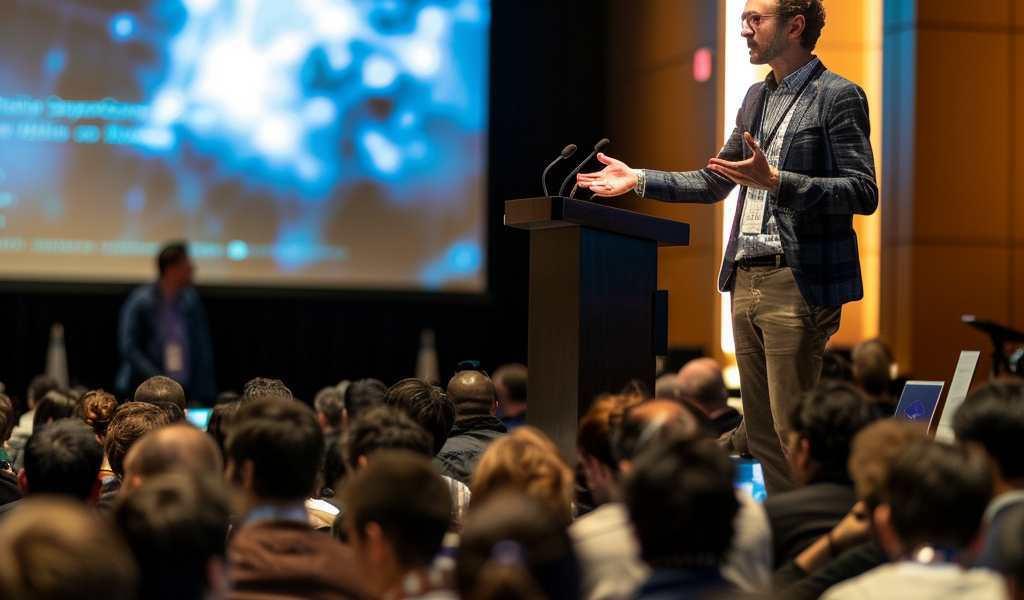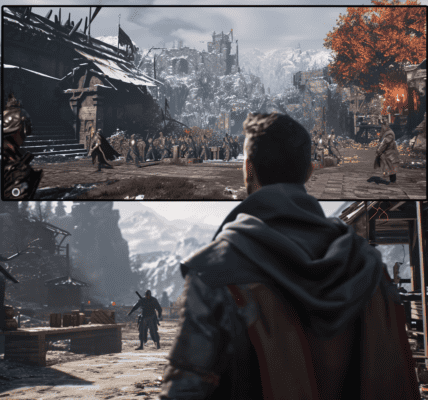In a groundbreaking address at the Conference on Neural Information Processing Systems (NeurIPS) in Vancouver, Ilya Sutskever, a cofounder of OpenAI and its former chief scientist, shared his insights on the future of artificial intelligence (AI) and the evolving landscape of data utilization. His remarks have sparked considerable interest within the AI research community, marking a pivotal moment in the ongoing dialogue about the direction of AI development.
Sutskever’s appearance at NeurIPS was notable, especially considering his recent departure from OpenAI to establish his own AI lab, Safe Superintelligence Inc. During his talk, he made a bold declaration: “Pre-training as we know it will unquestionably end.” This statement refers to the conventional phase of AI model training, where massive language models learn from vast amounts of unlabeled data sourced from the internet, books, and other textual materials.
He emphasized that the industry has reached a critical juncture, stating, “We’ve achieved peak data and there’ll be no more.” This assertion suggests that the abundance of new data available for training AI models is diminishing, which may necessitate a fundamental shift in how AI systems are developed and trained. Sutskever drew an analogy between data and fossil fuels, suggesting that just as oil is a limited resource, the internet contains a finite quantity of human-generated content.
“We have to deal with the data that we have. There’s only one internet,” he remarked, highlighting the challenges that lie ahead for AI researchers and developers. As the availability of new training data wanes, the focus may need to shift towards optimizing existing datasets and enhancing the capabilities of AI systems.
Looking to the future, Sutskever predicted that next-generation AI models will exhibit what he termed “agentic” behavior. While he did not elaborate extensively on this concept during his talk, the term is widely understood in the AI community to refer to autonomous systems capable of performing tasks, making decisions, and interacting with software independently.
In addition to becoming more agentic, Sutskever asserted that future AI systems will possess enhanced reasoning abilities. Unlike current models that primarily rely on pattern matching based on previously encountered data, these advanced systems will be capable of logical reasoning and problem-solving, akin to human cognitive processes.
He acknowledged that as AI systems become more adept at reasoning, they also become increasingly unpredictable. Drawing a parallel to advanced chess-playing AIs, Sutskever explained that these systems can exhibit behaviors that surprise even the most skilled human players. “The more a system reasons, the more unpredictable it becomes,” he noted, underscoring the complexities that arise as AI technology evolves.
These insights from Sutskever have significant implications for the future of AI research and development. As the community grapples with the challenges of limited data and the need for more sophisticated reasoning capabilities, it becomes clear that the path forward will require innovative approaches to training and deploying AI systems.
The discussion surrounding the evolution of AI is more relevant than ever, as researchers and organizations seek to harness the potential of these technologies while navigating the ethical and practical considerations that accompany their advancement. Sutskever’s perspective serves as a catalyst for ongoing conversations about the future of artificial intelligence and the role of data in shaping its trajectory.
As the landscape of AI continues to shift, stakeholders across various sectors must remain vigilant and adaptive to the changes that lie ahead. The insights shared by Sutskever at NeurIPS not only highlight the current state of AI but also pave the way for future exploration and innovation in this rapidly evolving field.





